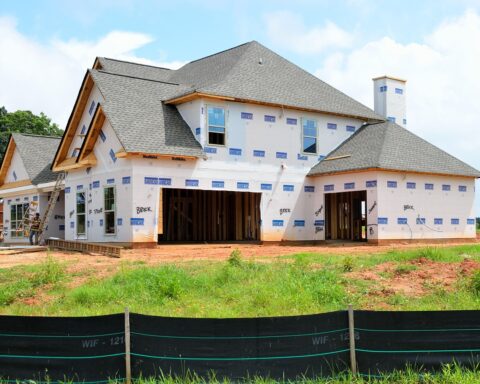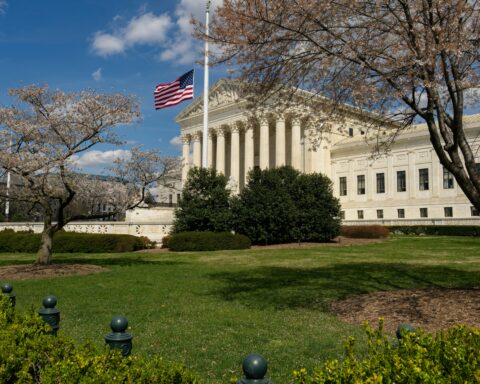Proposed legislation in California that would help turn outdated buildings into affordable housing in San Francisco would also exempt parts of the city from environmental requirements that have been in effect for more than 40 years.
SB 1227, introduced by state Sen. Scott Wiener (D-San Francisco), would expedite converting and remodeling buildings for housing, educational institutions and other developments. The bill would also temporarily exempt 150 blocks of the city from the California Environmental Quality Act (CEQA) and offer tax relief for certain affordable housing projects.
CEQA, passed in 1970, requires state and local agencies to evaluate any significant environmental impact of a public and private project. Agencies are required to adopt mitigation measures or consider alternatives if the proposed project is found to have adverse effects. It also requires opportunities for public input on those projects.
While CEQA has helped environmental sustainability, it can lead to lengthy delays and increased project costs. Senator Wiener’s bill would allow a decade of CEQA exemptions for most projects that meet specific environmental, labor and tenant protection criteria. It also includes anti-displacement and environmental protections to safeguard against certain detrimental impacts. Local permitting and zoning requirements would remain intact.

Almost 8,000 people experienced homelessness in San Francisco on one night in 2022, according to the Point in Time (PIT) Count. Although the city receives federal funding for homelessness services, such as shelter access and health services, the average number of unhoused people increased over the last decade.
Converting office buildings into residential spaces has been one way communities have tried to tackle affordable housing and reduce homelessness. However, buildings designed for commercial use need to be retrofitted to meet residential codes. So, while the conversion can potentially increase supply of affordable housing, it is a complex process for regulations and financial viability.
Because of the multifaceted nature of SB 1227, there have been mixed responses. On one hand, some labor groups support the initiative to revitalize downtown buildings that would otherwise remain empty. On the other hand, some environmentalists have criticized the move to suspend CEQA regulations that mandate a certain level of public approval for projects.
California Gov. Gavin Newsom has proposed similar legislation recently. He signed an executive order in May of last year to speed up construction time and court review for infrastructure projects by streamlining CEQA processes. This builds upon an effort to reform CEQA “to better serve the needs of today,” Newsom said in a statement.
All news and information on this site is provided by the team at Strategic Partnerships, Inc. Check out this short 1-minute video that provides a quick overview of how we work with clients.













